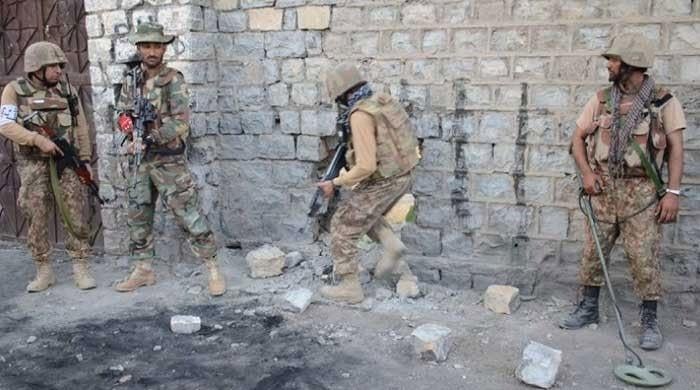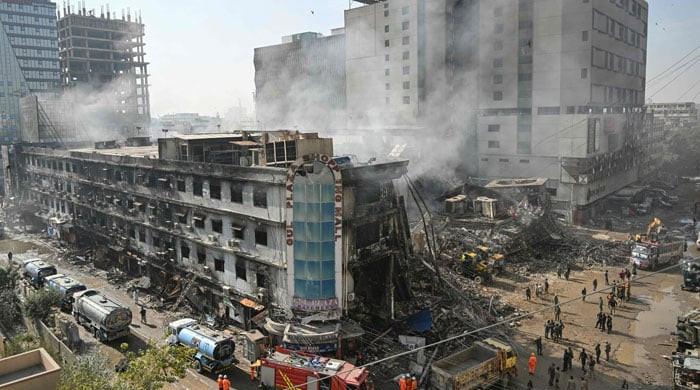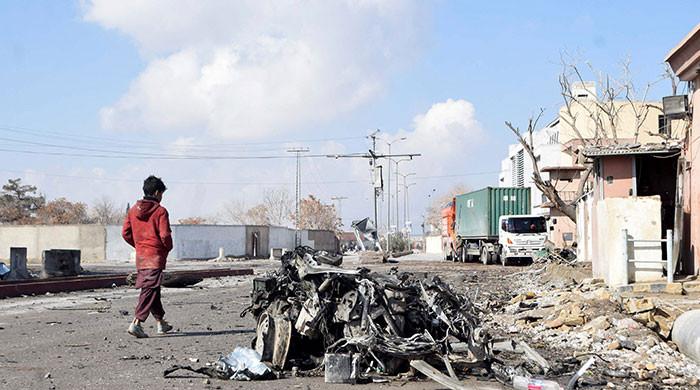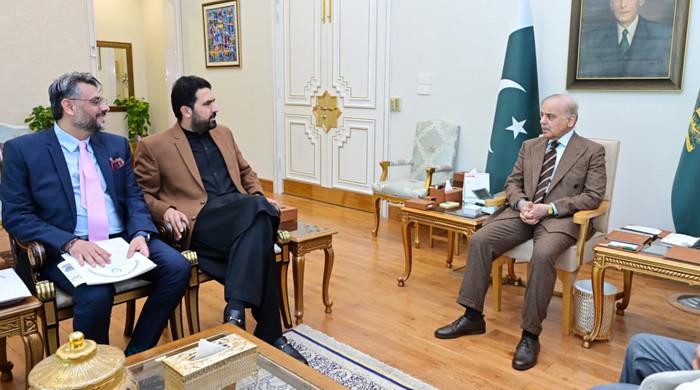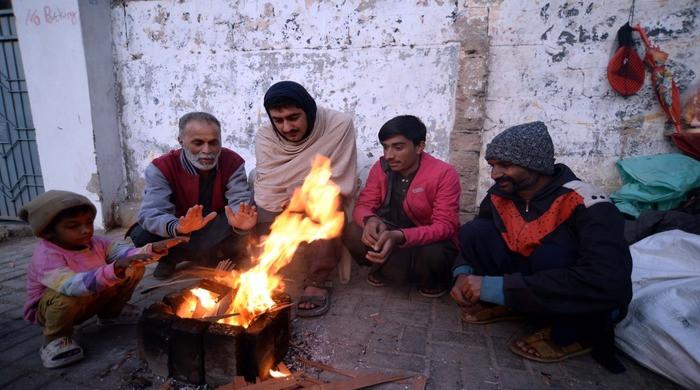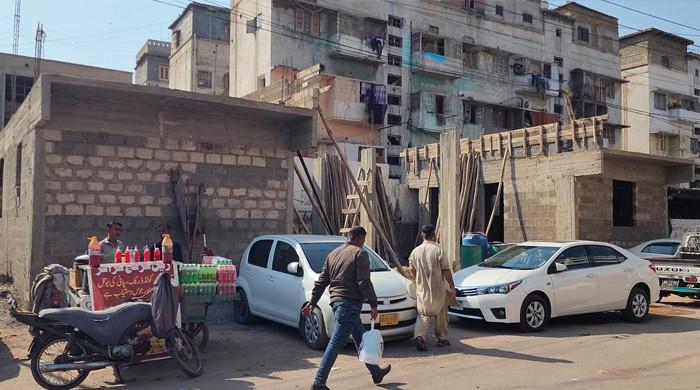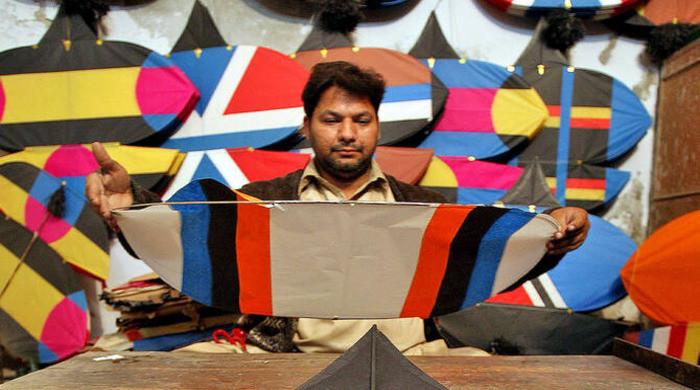Two factories in Karachi sealed for violating coronavirus lockdown: police
Operation was carried out under leadership of Karachi Commissioner Shallwani, who ordered both factories shut down
April 07, 2020
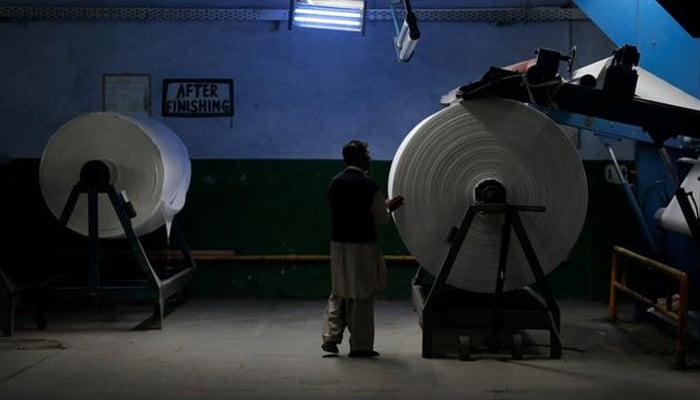
KARACHI: Two textile mills in the metropolis have been sealed by authorities for violating the coronavirus lockdown, police confirmed on Tuesday.
The senior superintendent of police for Malir, Syed Muhammad Ali Raza, said operations were carried out at two facilities owned by Yunus Textile Mills Limited and Alkaram Textile Mills Pvt. Ltd. Following the raid, the owners, as well as top administrative officers, were taken into custody, he added.
The operation was carried out under the leadership of Karachi Commissioner Iftikhar Ali Shallwani, who then ordered both factories shut down, Raza added. The mill owners and administrative officers were released after they submitted written assurances that they would not violate the lockdown orders in the future.
The police official added that Alkaram had violated the lockdown 10 days ago as well and an official case was filed against their administration. However, after obtaining bail, they had reopened their facility.
However, both factories were now to remain sealed as long as the lockdown continued, Raza underlined.
Sindh extends lockdown till April 14
The government of Sindh had on April 3 extended the lockdown until April 14, issuing a set of new orders and guidelines to encourage social distancing and contain the coronavirus from spreading.
According to the notification, all schools, colleges, universities, madressahs and tuition centres were to remain closed till April 14. In continuation of its previous order, shopping malls, cinemas, wedding halls, showrooms, banquets, and hotels throughout the province would also remain closed.
Shrines and other holy sites would also remain closed while inter- and intra-city public transport would remain suspended (except for food and essential items).
The home department said, in accordance with the rules announced earlier, that not more than five persons (mosque staff) would be allowed to offer congregational prayers in mosques. For funeral and burial rights, only close family members were allowed to partake after informing the local SHO beforehand.




